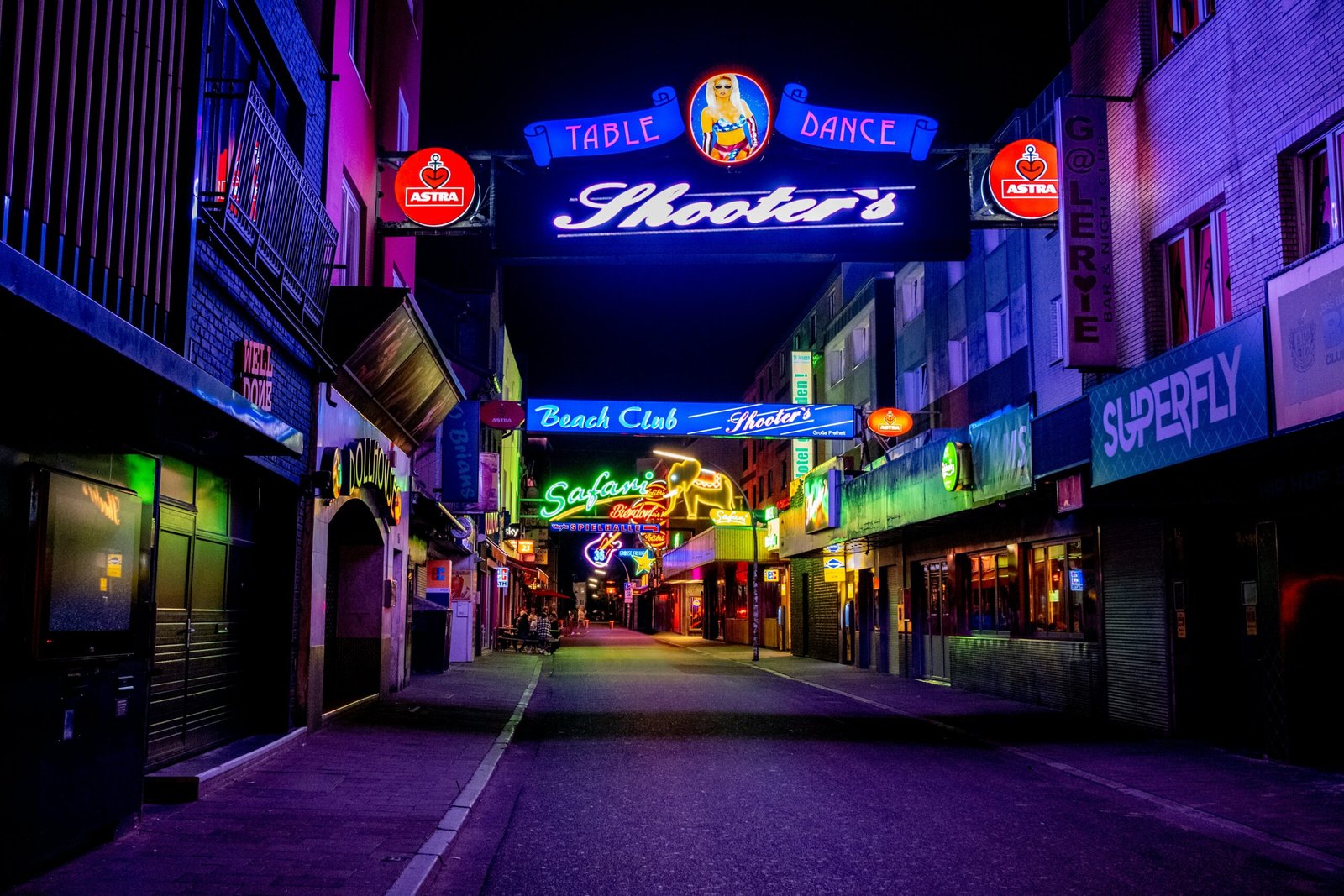The Broader Social Impact of Strip Clubs
Strip clubs have long been a subject of controversy and debate. While some argue that they provide a form of entertainment and empowerment for those involved, others raise concerns about the negative effects they can have on society. In this article, we will explore the broader social impact of strip clubs, focusing on their influence on gender roles, sexuality, and the entertainment industry.
Gender Roles
One of the key areas impacted by strip clubs is the reinforcement of traditional gender roles. Strip clubs often perpetuate the idea that women are objects of desire, existing solely for male pleasure. This can reinforce harmful stereotypes and contribute to the objectification of women in society. By normalizing the idea that women’s bodies are commodities to be bought and sold, strip clubs can reinforce gender inequality and contribute to the marginalization of women.
On the other hand, some argue that strip clubs can also challenge traditional gender roles by providing a space for women to express their sexuality and take control of their bodies. For some performers, working in a strip club can be a form of empowerment, allowing them to earn a living on their own terms and challenge societal expectations. However, it is important to recognize that this perspective does not negate the broader negative impact that strip clubs can have on gender roles and societal attitudes towards women.
Sexuality
Strip clubs also have a significant impact on sexuality, both in terms of individual experiences and societal attitudes. For some patrons, visiting a strip club can be a way to explore their own desires and fantasies in a safe and consensual environment. However, it is crucial to acknowledge that the sexualization of women in strip clubs can contribute to unhealthy attitudes towards sex and relationships.
Research has shown that exposure to sexually explicit material, such as that found in strip clubs, can desensitize individuals to sexual content and contribute to unrealistic expectations about sex. This can lead to issues such as sexual objectification, decreased satisfaction in relationships, and an increased likelihood of engaging in risky sexual behaviors. It is important to promote healthy and consensual sexual experiences, rather than reinforcing harmful stereotypes and attitudes through strip club culture.
The Entertainment Industry
Strip clubs have also had a significant impact on the entertainment industry as a whole. They have influenced popular culture, shaping the way we perceive and consume entertainment. From movies and television shows to music videos and fashion, the influence of strip club culture can be seen in various forms of media.
However, the influence of strip clubs on the entertainment industry is not without its controversies. The use of strip club imagery and themes can perpetuate harmful stereotypes and contribute to the objectification of women in media. It is important for the entertainment industry to critically examine the messages they are sending and ensure that they are promoting inclusivity, respect, and equality.
Conclusion
While strip clubs may provide a source of entertainment for some, it is crucial to consider their broader social impact. Strip clubs can reinforce traditional gender roles, contribute to the objectification of women, and perpetuate unhealthy attitudes towards sex. However, it is also important to acknowledge that some individuals may find empowerment and agency within the strip club industry. Moving forward, it is essential to promote a more inclusive and respectful society that values the autonomy and dignity of all individuals, regardless of their involvement in the strip club industry.

